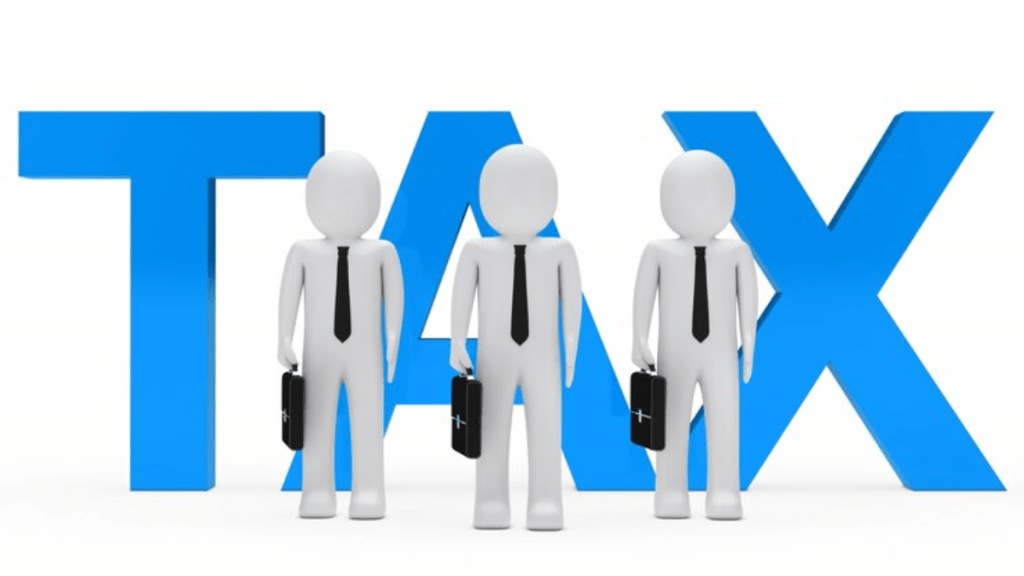Startup employees will not be subjected to higher tax incidence as a result of the changes in the provision related to taxation of buyback of shares announced in the Union Budget. From October 1, share buyback by companies will be treated like dividend income with tax payable by recipient investors rather than the companies.
However, analysts and tax experts said that startups usually do not buyback their shares as large, listed companies do. Instead, in their case share transfer takes place to either the promoters or new investors or entities. As such, liquidation of Esops will continue to be treated as secondary sale and taxed at applicable long-term capital gains tax rate, which has now been raised to 12.5% from the earlier 10%.
In the case of buyback, from October 1, recipient investors will need to pay tax as per the income tax slab in which they fall, therefore the incidence can go up to 40%, including surcharge and cess.
Anish Shah, partner, M&A tax and regulatory services at BDO India, said that employees of startups, won’t get impacted by this since in their case generally transfer of shares take place and not buyback.
“Startups are generally not sitting on huge cash pile. Instead they need funds through investors,” Shah said. “Large, listed firms go for buyback when they have huge cash reserves, but not enough avenues to deploy it. Quite in contrast, startups need funds and Esops is a way to compensate employees in lieu of higher salaries,” he added.
Shah said that normally when Esops of employees are liquidated for reasons of they exiting the company or any other reason, the shares are transferred to another entity, which technically is not a buyback. “In such cases, therefore the recipient is taxed at applicable LTCG, which from Tuesday has been raised to 12.5% from the earlier 10%. So, employees while liquidating their Esops won’t have to pay LTCG as per their I-T slab rate, which can be higher,” Shah said.
While trying to raise funds, startups generally bring new investors on board and to allot shares to them, the promoters transfer a portion of their shares to the new investors and employees are also free to do the same. In such cases, the transfer of shares are treated as third party transaction and do not attract the tax provisions of buyback of shares.
According to Pallav Pradyumn Narang, partner at CNK RK & Co, startups generally manage transfer of Esops through a different management entity which has been created for the purpose. “In cases where employees are exiting a company and want to liquidate their Esops, the same is not bought back by promoters. Instead, the shares are transferred to the management entity created for the purpose, which as per law is a different company,” Narang said.
Sandeep Bhalla, partner, Dhruva Advisors, said that while theoretically startups can buyback shares and the provisions relating to taxation on buyback will apply to the recipients if they do so, in practice they do not buyback shares. “It’s transfer of shares which generally takes place in startsups where the applicable LTCG will apply and not the IT-slab rate,” he said.

